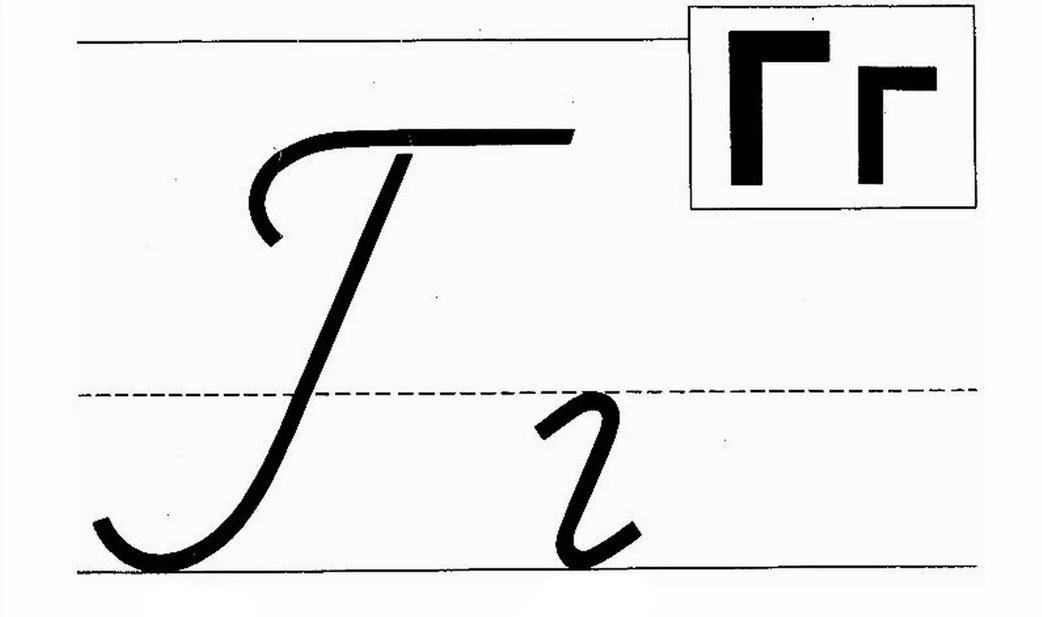hi!! i'm a huge translation nerd, i'm of the firm belief that translation is a form of adaptation, and that for analysis purposes a single work translated into two different languages are in fact two separate works.
luckily for me, i'm russian, and homestuck has a fully completed russian translation (https://mspaintadventures.ru/) that mostly works. it also has russian translations for problem sleuth, jailbreak, bard quest, the epilogues and paradox space, so i have a lot of things to work with lol.
i'd like to dedicate this thread to possibly the nerdiest and most tedious form of analysis: noticing differences in wording and analysing how these differences impact the text.
i also encourage asking questions about different translations of homestuck (i'd only be able to answer ones about the russian one, though), as well as discussing how homestuck was/is translated in your native language, and the interesting things that emerge from translating homestuck.
for the first post i'd like to discuss how typing quirks are handled in the translation (for the sake of length i'll just go over beta trolls of interest (i.e. ones whose quirk relies in some part on latin script/english language) to start). i've seen some people wonder how typing quirks work in different languages/scripts, and as far as cyrillic goes, most of them are not hard substitutions:
terezi's typing quirk is kept the same, with 4, 3 and 1 replacing the cyrillic А, Е and И, which make loosely the same sounds they do in english. despite the reasoning for 1 substituting I due to looking similar being lost since the equivalent sound letter is И, this doesn't affect the readability, since most russians are familiar with the basics of latin script and definitely know what sound I makes. plus, ukranian uses the latin i along its cyrillic script, so seeing i among cyrillic letters is not unfamiliar.
similarly, sollux's quirk keeps the substitution of И with ii, although what's notable about this is that double i basically doesn't exist in english words, but in russian "ИИ" is pretty common among a variety of words (my own full name is daniil with the double i!), so words like "настроенiiii" come up with four i's. thought that was neat to point out. in regards to replacing s with 2, cyrillic script doesn't exactly have a letter that looks like s. instead, the letter г gets replaced with two, which may seem clunky, until you see how the lower case г is written in cursive (and russian cursive is very standardized, being basically the standard way to write in school).

so yeah, it really works!
in terms of the wordplay of "to" and "too" being replaced by "two", this is predictably lost due to language differences. how the translation gets around this though is by replacing all instances of "ва" (va, not an uncommon letter combo in russian) with "два" (russian for two), so the wordplay is preserved in a different form.
equius is a little more complicated - in russian the substitution of "loo" with "100" doesn't really work. instead he replaced all instances of сто or ст in words with 100 (in russian, one hundred is translated as сто). as far as i can tell, though, the % and the "neigh" substitutions are lost.
in terms of eridan, instead of doubling the w and v's, he doubles л and м (l and m), partially to maintain the "wave" motif of his quirk (wave-like is волнообразным in russian), and personally i don't think this is too bad of an adaptation, as it still carries across a kind of "stilted" way of pronouncing some sounds, and the letters w and v only really have one cyrillic equivalent (в) (which we'll come back to)
for feferi, )( coincidentally replaces the same sound in both languages, H in english and х in russian, which both work visually. "glub" is translated as буль which both convey the sound of a bubble underwater.
now for vriska - perhaps naturally for vriska, the translation of her quirk is, in one aspect, perfect, and in the other the most unreadable. replacing b's with 8s works even better in cyrillic, as the russian letter в (v) looks like an 8 in both capitalised and uncapitalised forms. additionally, since the russian word for eight is восемь, all instances of во and вa in words gets replaced by a single 8. however, this also means that the replacement of "ay" or "ayt" sounds with 8 doesn't work. the translation attempts to kind of keep this by replacing occasional a's with 8s, but it doesn't really read well, making her quirk possibly the hardest to understand at times, especially when she replaces more vowels with 8.
these were all the most notable quirk translations, i might do the dancestors at a later time. some quirks also include wordplay and puns, which the translation does attempt to preserve, but the topic of translating wordplay is separate and more complex, so i might cover it in a later post.
